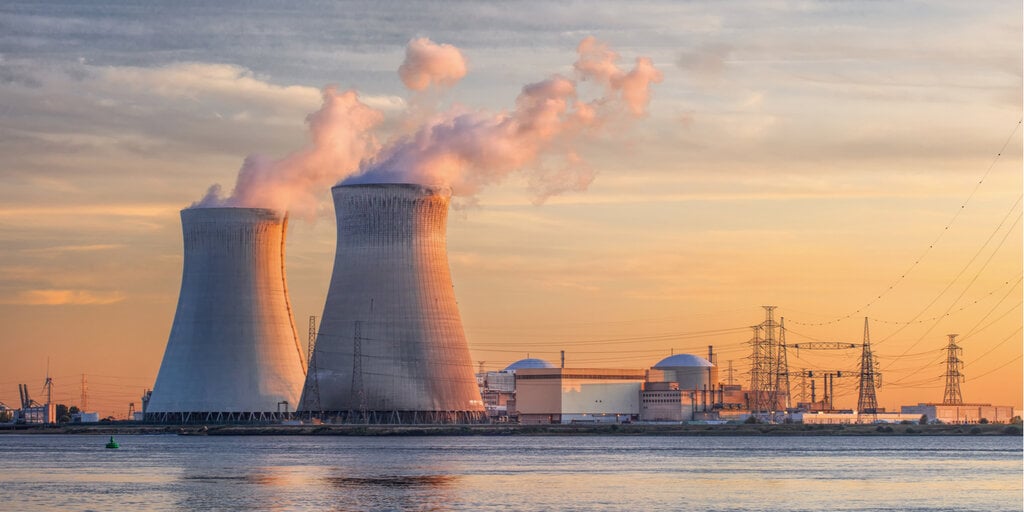Although artificial intelligence has stolen much of crypto’s shine within the global investment community and financial press, its emergence may have created a silver lining for Bitcoin’s public image.
Since OpenAI’s ChatGPT rose to prominence late last year, AI appears to be absorbing the heat often directed at Bitcoin related to electricity consumption and environmental harm.
According to Hive Digital Technologies—a firm with its feet planted in both industries—such concerns will prove just as overblown for the former as it did for the latter.
“We’ll see apocalyptic predictions about AI’s energy use fall flat,” HIVE Research Director Adam Sharp told Decrypt on Monday. He cited Newsweek’s 2017 prediction that Bitcoin would consume 100% of the world’s energy by 2020 as an example.
“This tech is very new, and efficiency will improve dramatically over coming years.”
Both Bitcoin and AI require energy-intensive computer equipment to operate: the first to secure the blockchain that immortalizes each Bitcoin transaction, and the latter to process user queries and make other complete calculations.
Back in May, a Gizmodo article suggested that the cooling systems needed to support ChatGPT’s AI “amounts to dumping a large bottle of fresh water out on the ground” for every average conversational exchange with the chatbot. Last week, CoinMetrics founder Nic Carter likened this measurement to flawed “per transaction energy cost” metrics often used to exaggerate Bitcoin’s power consumption.
Say goodbye to terrible “per transaction energy cost” metrics for bitcoin. Say hello to “per query water costs” for AI
(Or reject degrowth malthusianism) https://t.co/HJU4GStQC1
— nic 🌠 carter (@nic__carter) September 28, 2023
“These types of ‘gotcha’ sound bites don’t mean much,” said Sharp. “Large language models like ChatGPT have the potential to dramatically increase human productivity.”
Though it has a longer history with Bitcoin mining, HIVE is now breaking into high-performance computing by leveraging its existing data centers and old Ethereum mining rigs for the job.
Like Bitcoin, he also said HPC providers are keen to seek out sources of renewable energy to power operations. For Bitcoin, a growing body of literature shows that over half of the industry may be powered by sustainable energy, making it one of the greenest industries on the planet.
That said, Bitcoin does retain a key advantage over AI regarding its compatibility with renewables energy and energy grids. “Bitcoin is interruptible, meaning it can be quickly powered down when energy demand spikes,” said Sharp. “HPC is a little trickier, as you can’t just shut down people’s AI workloads.”
Compared to Bitcoin mining, Sharp says HPC/AI/GPU-cloud services are “far more profitable per unit of energy.”
When asked whether AI’s growth might lower Bitcoin’s hash rate as miners change business models to accommodate the industry, the researcher noted that “it’s possible.” However, limits on the supply of NVIDIA GPUs available and the time needed to transition business models will likely limit how fast Bitcoin’s network security can drop.
“I don’t think we have to worry about hashrate dropping to dangerous levels,” he said. “Right now there’s probably too much hashrate operating, and even more coming online.”
Stay on top of crypto news, get daily updates in your inbox.
Source: https://decrypt.co/200007/artificial-intelligence-energy-consumption-versus-bitcoin-mining



